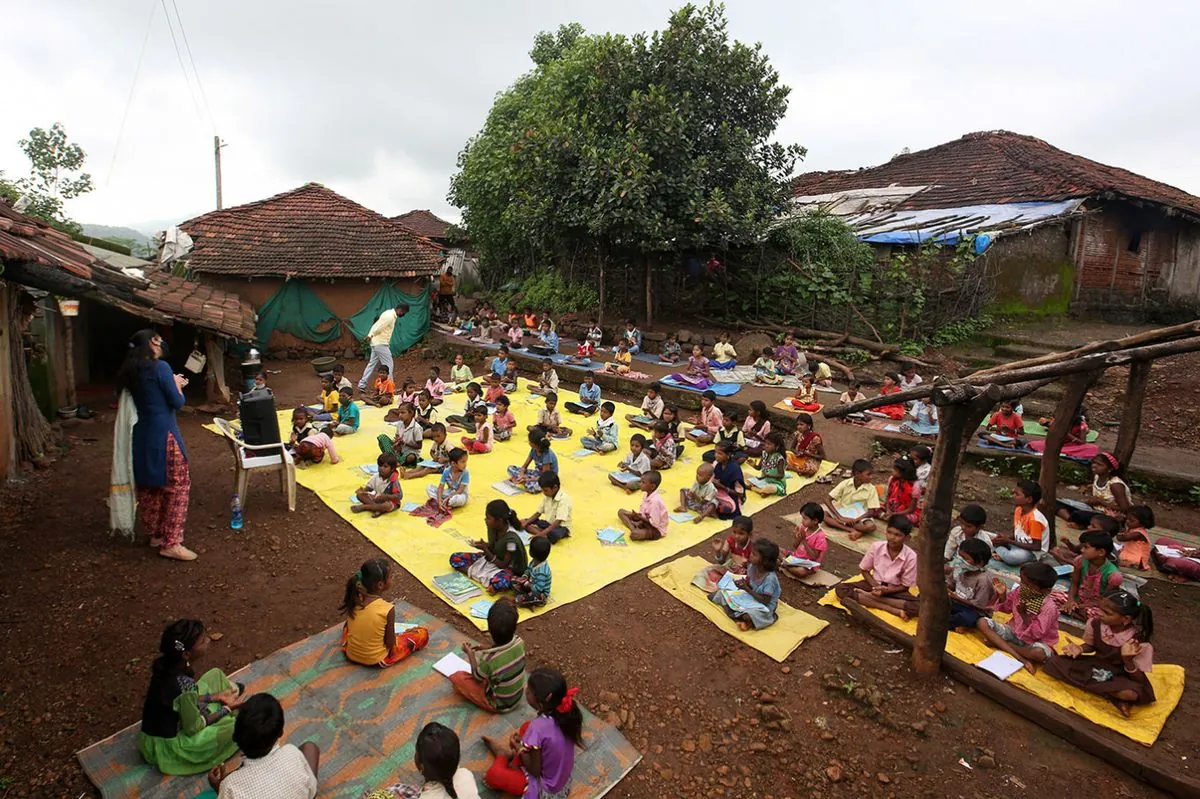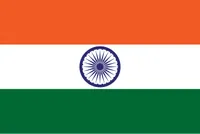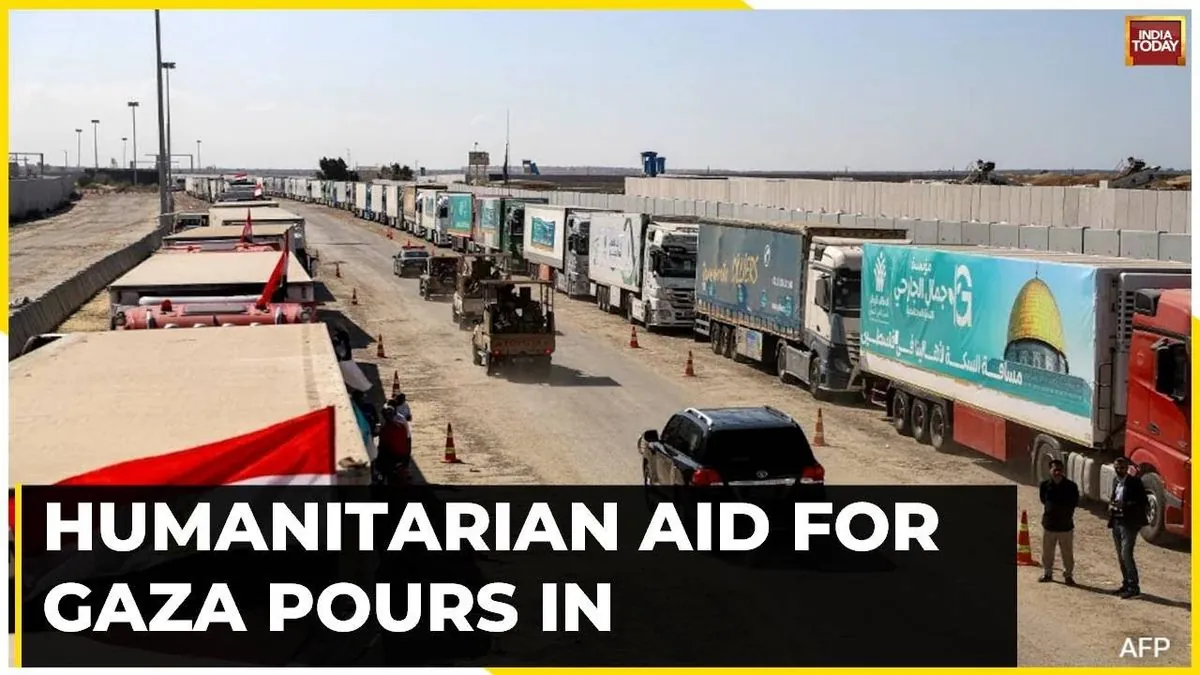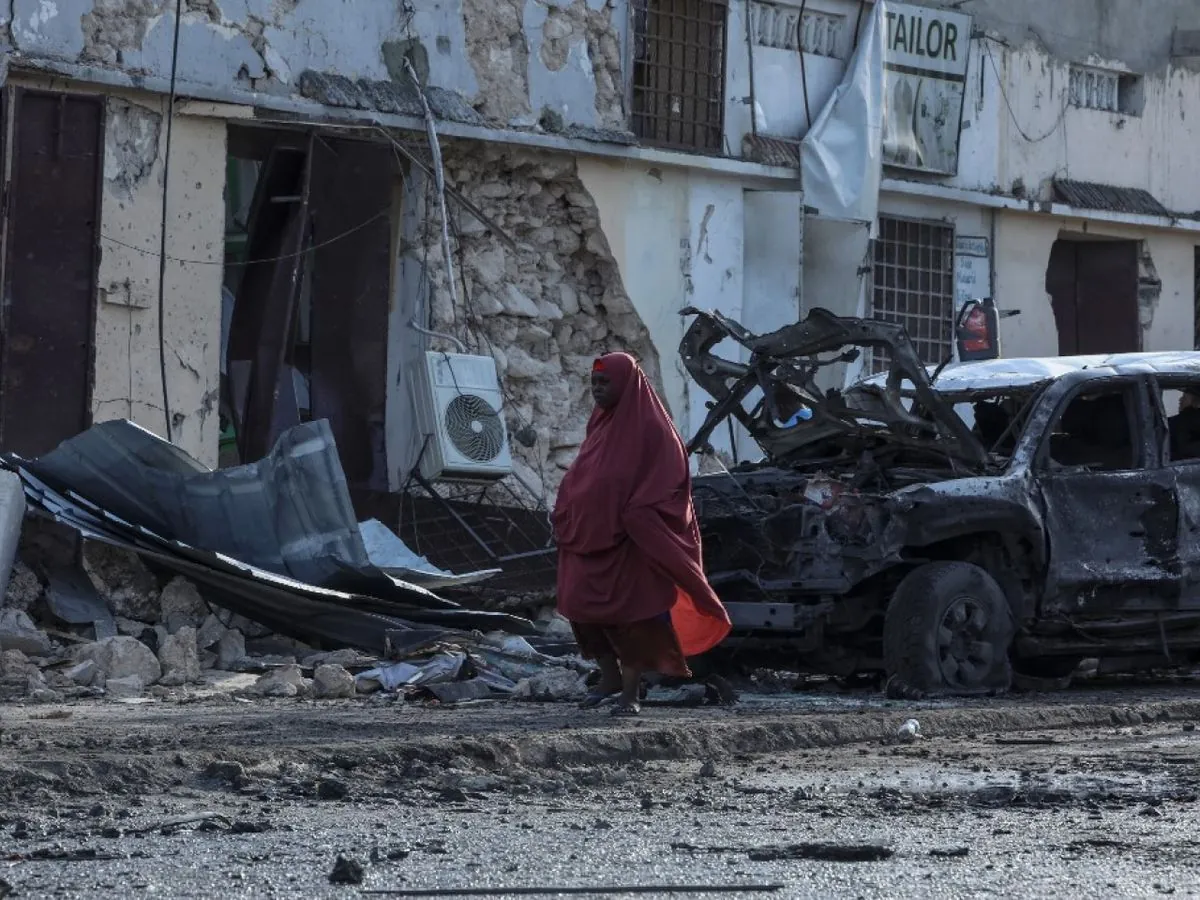UN report: Over 1 billion people trapped in extreme poverty
A new UN report shows more than 1 billion people live in acute poverty worldwide with half being children. The study highlights how conflict worsens poverty‚ affecting 455 million people in war-torn areas

A report released today by the UN Development Program and Oxford University reveals that over 1 billion people worldwide are stuck in extreme poverty. Whats even more concerning‚ is that more than half of these individuals are children and about 40% reside in areas affected by conflict
The study‚ known as the Multidimensional Poverty Index (MPI) has been tracking poverty since 2010 using 10 indicators including health‚ education and living standards. This years data covers 112 countries with a population of 63 billion people
The report shows that 83% of poor people live in rural areas‚ with the same percentage residing in sub-Saharan Africa and South Asia. The top five countries with the most impoverished populations are:
- India: 234 million
- Pakistan: 93 million
- Ethiopia: 86 million
- Nigeria: 74 million
- Congo: 66 million

Child poverty is particularly severe in sub-Saharan Africa (317 million) and South Asia (184 million). In Afghanistan where poverty has gotten worse‚ nearly 59% of children are impoverished
The report also highlights the link between poverty and conflict. Pedro Conceição‚ director of the UN Development Program office‚ states: “455 million people both multidimensionally poor and living in contexts of conflict face significantly harsher deprivations — three to five times more severe — when it comes to basic needs like nutrition‚ water and sanitation‚ electricity‚ and education‚ compared to those in poverty who live in more peaceful settings“
Sabina Alkire‚ director of the Oxford initiative‚ emphasizes the importance of the MPI in targeting anti-poverty efforts. She gives an example of Burkina Faso‚ where poverty ranges from 21% to 88% in different regions‚ allowing for more tailored and effective interventions


































